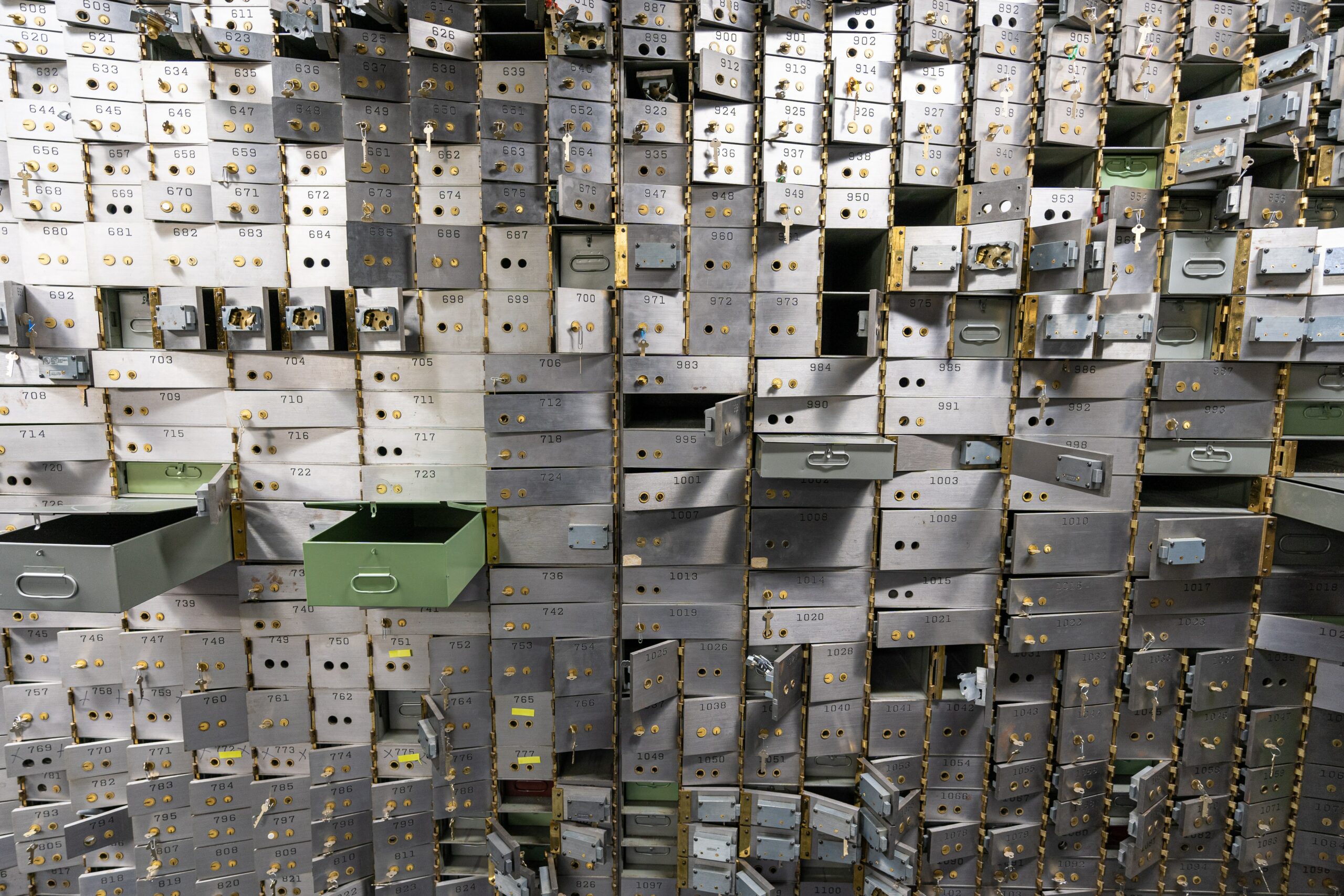In the last few weeks, economists have been talking about the inverted yield curve. If you weren’t aware, basically it has predicted all of the recessions since 1955, so that means we could be heading towards one next year. With that said, many people are concerned because investments don’t fare well in recessions.
In today’s blog post, I wanted to discuss how recessions can affect your real estate investments. I want to put a disclaimer here because we may not head into a recession, and even if we do, your investments could be safe.
The Link Between Housing Markets and Recessions
The Great Recession
The Great Recession technically began in 2007 and ended in 2009. That was a rough time for a lot of you, I’m sure. However, it was called the Great Recession for a reason. While I do think that the market ebbs and flows, and we will go through routine recessions, I don’t think they will all be as bad as the most recent one.
Part of the reason the Great Recession was so devastating was because the housing market crashed. Many recessions have occurred in recent years without a housing crisis to go along with it. That is how I, and many economists, predict the next recession going.
The Cause of Recessions
Many economists believe that the cause of the next recession, which is predicted to take place in the latter part of 2020, will have to do more with trade policy. If the cost of goods is what contributes to the recession, then your housing investments should be pretty safe.
In recessions, people tend to buy fewer things and are making less money. This means they will likely be buying fewer houses. You should keep this in mind when thinking of your real estate strategy, but buying and holding properties should still yield a good return on your investment.
Mortgage + Interest Rates
In my real estate teachings, I go in detail about how much you should be paying on your mortgage and the interest rates that are safe. In this post, I want to ease some of your fears. If you can pay off your current mortgage and you’re in a long-term loan, such as a 30 or 15-year fixed-rate mortgage, you should be pretty safe. This means that your interest rate won’t change, and your housing price won’t skyrocket.
If you are a real estate investor, I suggest you take a look at your properties and liquid cash. You want to make sure your portfolio isn’t built on a house of cards where if something goes wrong with one property, your whole portfolio crashes.
I wanted to touch on the possible recession in order to help ease some of your fears, but also help everyone prepare. If you found this post helpful, share it with a friend! As always, you can comment any questions you may have below.
If you’re looking for more information on real estate investing, then I encourage you to attend my Real Estate Mastery Workshop! It’s happening in Denver, Colorado on October 11-13th, 2019. Click here for more information!



